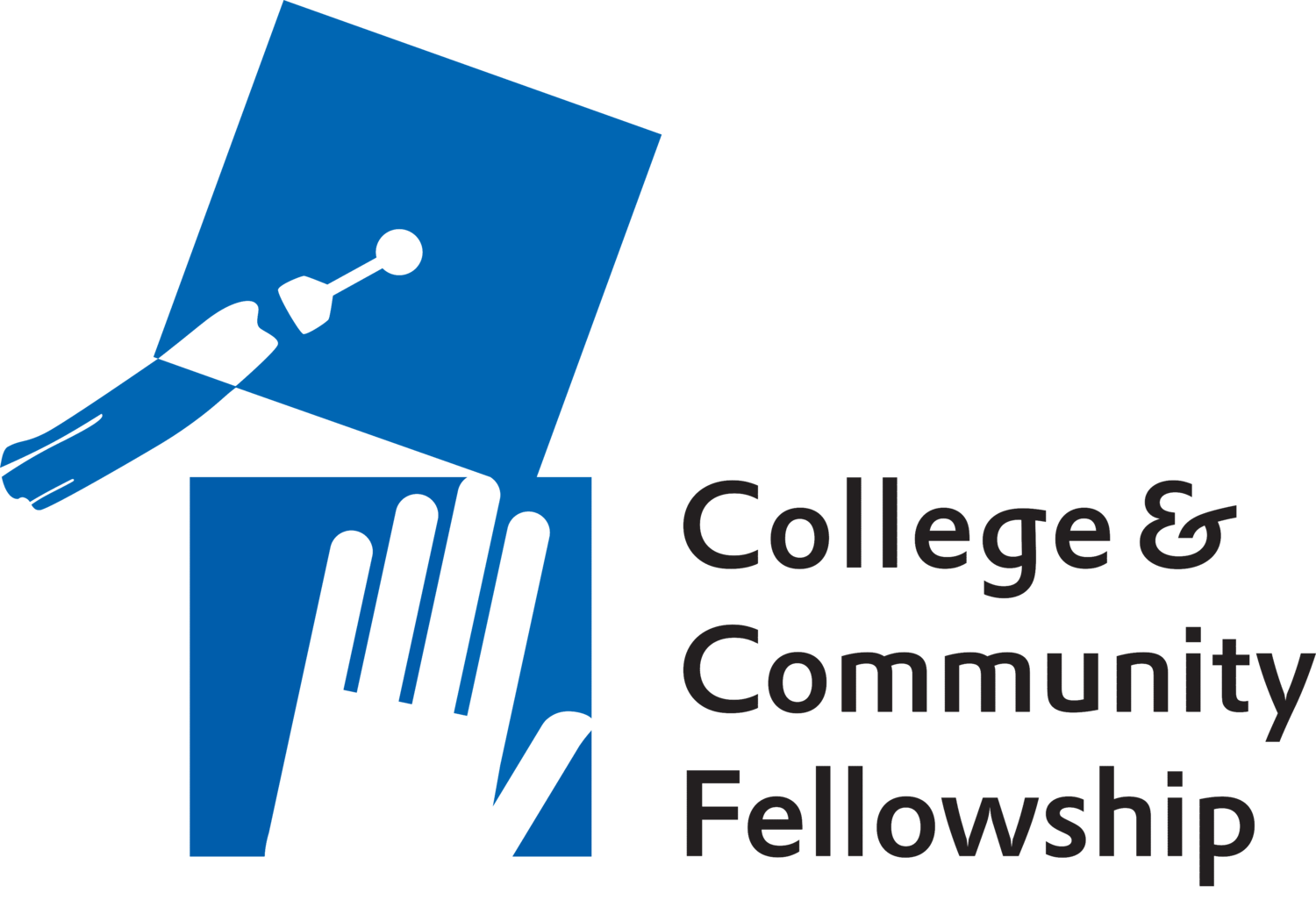Investing in Access to Opportunity
For the more than 70 million people in the U.S. with a criminal conviction, traditional college and career pathways are often disrupted due to incarceration, structural inequity, and systemic racial and gender bias. For over 20 years, CCF has supported women with criminal justice involvement while obtaining college degrees and leadership skills that promote self-efficacy and civic engagement.
Because of CCF’s work, higher education is now considered one of the most cost-effective means to improve one’s quality of life in reentry.
CCF was founded in 2000 by Barbara Martinsons, a women's prison professor who realized that her students lacked the resources to complete their degrees upon release. At its founding, CCF served ten women, supporting them to earn their college degrees.
From 2006 to 2021, Vivian D. Nixon served as executive director of CCF. Under Vivian's leadership, CCF grounded its work in racial, gender, and economic justice through partnership in the academic, policy, government, and grassroots activism communities.
Today, CCF addresses barriers to reentry on the individual, institutional, and systemic levels, serving 650+ people across all three program areas: College & Career, THRIVE Technical Assistance, and Policy & Advocacy.
As part of the #JusticeVotesNY campaign, CCF sought to find out what brings justice-impacted individuals to the polls. One in three Americans has a criminal conviction, and they could be one of the most powerful voting blocs in the nation. However, only 10% of justice-impacted individuals vote. We created a curriculum and used a train the trainer model. Then we used surveys to test what stopped people from voting and what motivated people to vote.
Access to social capital proves particularly critical (and often in short supply) for the educational success of people living in poor communities with struggling schools, low levels of educational achievement, and high incarceration rates. Changing these entrenched mobility patterns requires an understanding of how and why families and communities play such a pivotal role in educational success or failure.
State of the Field: Two-Generation Approaches to Family Well-Being analyzes what has been accomplished, the lessons learned, and the opportunities ahead with unprecedented federal expenditures in social policy. The report comes at a time when Americans are more fully recognizing that a system that tolerates social, racial, gender, and economic inequities is on unstable ground.
Boxed Out helps explain how the criminal history box on college applications and the supplemental requirements and procedures that follow checking the box create barriers to higher education for otherwise qualified applicants. This study found that almost two out of every three applicants who disclosed a felony conviction were denied access to higher education because they were driven out of the application process.









